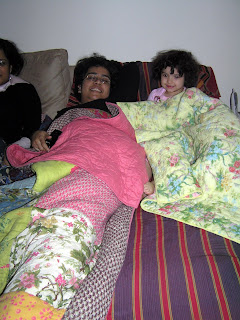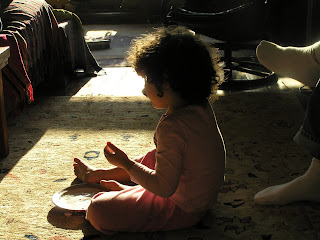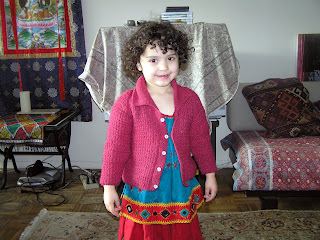thought for today
SAS Newsletter : "Whatever the unpleasantness of circumstances, however disagreeable the conduct of others, you must learn to receive them with a perfect calm and without any disturbing reaction. These things are the test of equality. It is easy to be calm and equal when things go well and people and circumstances are pleasant; it is when they are the opposite that the completeness of the calm, peace, equality can be tested, reinforced, made perfect. - Sri Aurobindo [SABCL, 23:662-63]"













